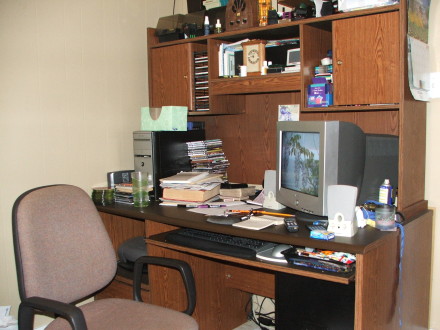
One of the basic truths for any taxpayer wanting to claim a deduction for business use of the home is, the office area must be used 100% for business purposes. And 100% business use means 100%.
But is that really always true? Like with most things in taxes, the answer is “it depends.”
A couple of years ago I wrote about a rare win in Tax Court for a taxpayer who had claimed a home-office deduction even though she didn’t meet the strict interpretation of exclusive use. (NOTE: the Court case can be found here. It’s a “summary opinion,” meaning it can’t be used as precedent, but it does contain citations and discussion that are useful.)
The case linked to in the above paragraph references another, earlier Tax Court case called Hughes vs. Commissioner (which is a Tax Court Memo and thus can be used as precedent). In the Hughes case, the Court ruled that the fact that the taxpayer had to travel through part of the office to get to the bathroom did not blow the “exclusive use” part for taking the home-office deduction.
In the summary opinion I linked to above (not the Hughes case), the case turned on the fact that taxpayer lived in a small studio apartment where there really was no other option but for her to sometimes use the office space for personal purposes. See the following quote from the case:
Although petitioner admitted that she used portions of the office space for nonbusiness purposes, we find that her personal use of the space was de minimis and wholly attributable to the practicalities of living in a studio apartment of such modest dimensions.
The moral seems to be: the mere act of “passing through” a part of your office to get to other parts of your house is probably okay. If the IRS really wanted to be tough on a business owner in an audit, I suppose it might also hinge on the layout of your house or apartment.

